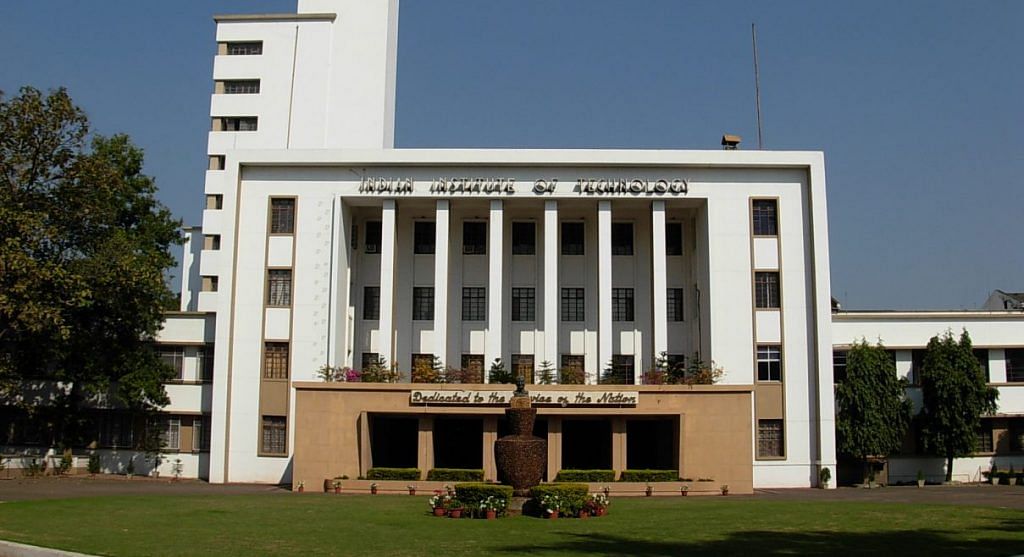India’s policy-shapers love to talk big on innovation. From constitutional office-bearers and bureaucrats to think-tankers of assorted political orientation, everyone has a bullish view. Conference keynotes bring up buzzwords like ‘AI’, ‘ML’, ‘blockchain’ with predictable, almost banal, regularity to reinforce the view that India is open to innovation and in lockstep with the bleeding edge of technology.
Yet, the reality from the entrepreneurial trenches does not square against the rhetoric. Innovators regularly face bureaucratic headwinds ranging from procedural hoops and paperwork (for garden variety tasks like raising capital) to flat out industry-wide shadow bans (note the now-estopped notification of the RBI foreclosing banking access to digital asset intermediaries). This is, of course, a familiar situation in the financial sector, where our regulators have always “crossed the river by feeling the stones”, as the Chinese idiom goes. Now, you might argue that given how innovation in that context intersects with financial stability, consumer savings and fiduciary risks, it’s better to be safe than sorry. And while that argument is hardly a winner, it does have plausibility.
It should dismay us, however, that the same heavy-handed attitude prevails in other industries with far lesser regulatory sensitivities than finance. Consider the case of young IIT-Kharagpur alumnus S. Yuvarajaa, a resident of Tamil Nadu, who designed an auto-filling mobile application to make the user experience of booking tickets on Indian Railway Catering and Tourism Corporation (IRCTC)’s website smoother. One might think Indian Railways would be on board with this innovation, especially since the enhanced user experience on the margin likely contributes to greater ticket throughput (and hence greater revenue). Nope, no such luck.
Also read: India’s local economies lie outside innovation zone. Can’t chase Modi’s Atmanirbhar dream
Arresting innovation
The Railway Protection Force of the Southern Railway tracked down Yuvarajaa and arrested him. Yuvarajaa must have been onto something because his app garnered 100,000 users in a short time. Ironically, a bare perusal of Section 143 of the Railways Act, under which Yuvarajaa has been charged, shows that it has no applicability either to the end-use that his two Android apps — ‘SuperTatkal’ and ‘SuperTatkal Pro’ — facilitated, or to the developer, or the consumers using it to make their life easier while booking tickets.
Section 143 lays down the penalty for “unauthorised carrying on of the business of procuring and supplying railway tickets”.
Now, interpreted in its plain literal sense, as statutes are interpreted, the app-developer was not in the business of procuring and supplying railway tickets. The users downloaded the application from Google Play Store against in-app payment and used the software to process their tatkal-related formalities faster. Yuvarajaa was, therefore, simply selling software that made the user journey smoother.
The words, “unauthorised carrying on the business of procuring and supplying tickets for travel”, on the other hand, suggests that it is directed at a person in the business of unauthorised dealing in railway tickets, that is, obtaining them (in bulk, practically speaking) and supplying them further downstream. The section is directed at deterring louts engaged in unauthorised dealing of railway tickets. An app-developer engaged in the business of selling B2C (business-to-consumer) software that auto-fills forms is not the object of the statute.
The railway officials also appeared to rely on a claim that the application enabled the users to ‘front-run’ other travellers that sought to book tickets through the normal IRCTC website, thus denying the latter the chance to buy the ticket. That again seems a spurious suggestion. ‘Front-running’ is only an issue if there is a fiduciary connection between the party front-running and the party who is hurt owing to the front-running. But the necessary condition of trust-based nexus is missing in passengers trying to book at the same time from several different locations. Indeed, they don’t even know of each others’ existence, to say nothing of a trust-based connection between them. Furthermore, the application is available freely for everyone to download from Google Play Store. So, this isn’t the case of selective access either.
Also read: India & China are transforming the global geography of innovation
Innovation rhetoric and lived realities
The unfortunate situation with the developer here brings into sharp relief the gaping divide between the rhetoric driving innovation in India and the lived realities thereof. It would be remiss if I ended this article on a pessimistic note. So, here’s a proposal to mitigate the risks to innovators and developers from bureaucratic heavy-handedness.
The Ministry of Electronics and Information Technology (MeITY), as the nodal ministry for digital innovation, may create an office of innovation in coordination with other ministries and the Prime Minister’s Office (PMO). Among other things, the Office of Innovation may certify, after due security checks and audits, applications that facilitate consumer interaction with government services including Railways. Borrowing a regulatory innovation from the regulatory sandbox context, the Office of Innovation may also issue “no-action letters” (NALs) that act as immunity shields in favour of these innovators against potential arbitrary actions, of the type we witnessed in Yuvarajaa’s case.
The legal mechanics to install such a general office of innovation and confer upon it the power to issue NALs are not complex; furthermore, the office can draw upon personnel from the MeITY, other relevant ministries and private sector expertise to evaluate applications for NALs. This limited governance innovation would go a long way in bridging the yawning gap between the rhetoric and reality of innovation in India.
Mandar Kagade is an independent financial public policy consultant. Views are personal.
